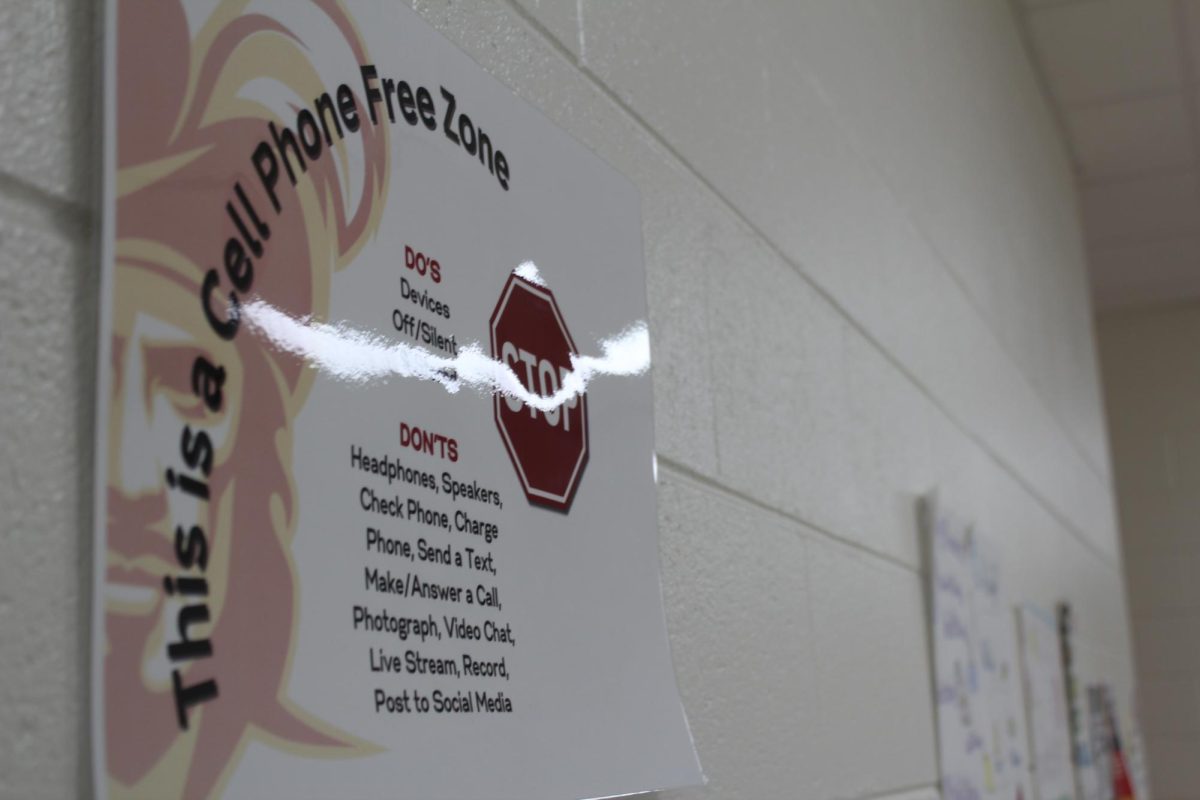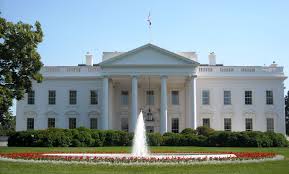In a significant security lapse, senior officials within President Donald Trump’s administration inadvertently disclosed sensitive military plans concerning Yemen through an unsecured group chat, leading to widespread bipartisan condemnation and calls for thorough investigations. The incident occurred when National Security Adviser Mike Waltz mistakenly added Jeffrey Goldberg, editor-in-chief of The Atlantic, to a Signal group chat intended for top national security officials. The chat included discussions about the timing, political messaging, and logistics of planned airstrikes against the Houthi militia in Yemen (The Atlantic).
Within the chat, Defense Secretary Pete Hegseth shared specific attack plans, detailing the timing of airstrike launches and bomb drops. Waltz later confirmed in the chat that the target was in a building that collapsed, acknowledging that the strike was successful (CNN). The exposure of these communications has sparked outrage across the political spectrum, with Democratic senators demanding answers over what they are calling a “careless” security breach. Many lawmakers are now pressing intelligence agencies on how a national security blunder of this magnitude could have occurred (The Guardian).
Despite the gravity of the situation, President Trump has dismissed concerns, suggesting that Signal’s messaging platform might be “defective” and calling the growing scandal a “witch hunt.” Instead, he focused on the success of the military operations against the Houthis, downplaying the controversy surrounding how the plans were leaked (New York Post). However, critics have pointed out that U.S. military personnel and their families are held to strict standards regarding operational security, raising concerns about double standards and the risks posed to American troops. Veterans and military families, in particular, have voiced frustration over the

















































